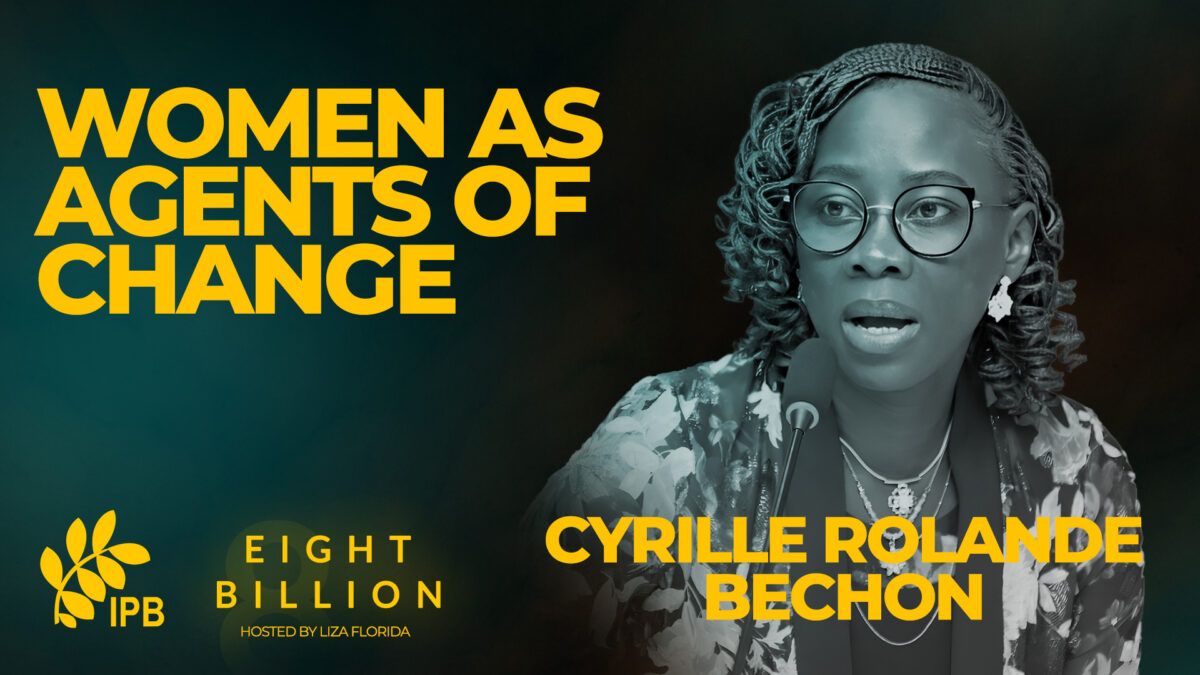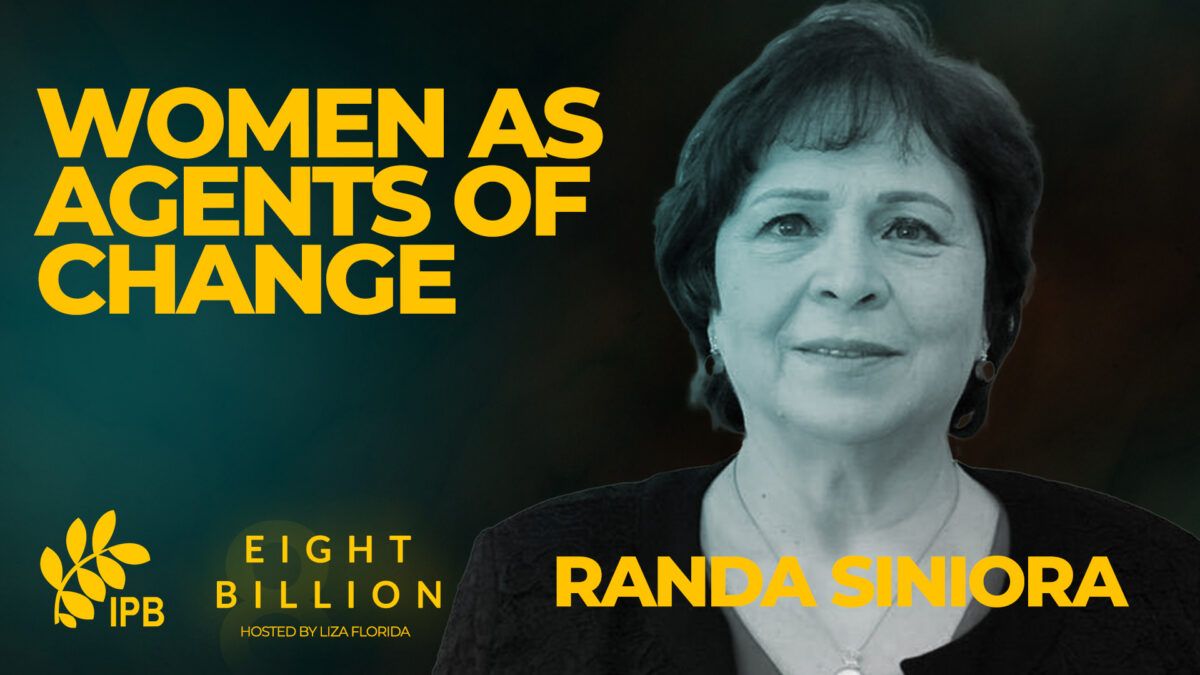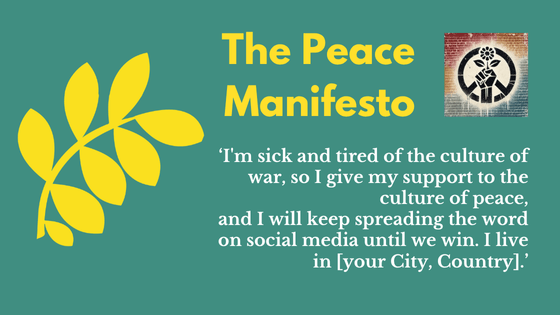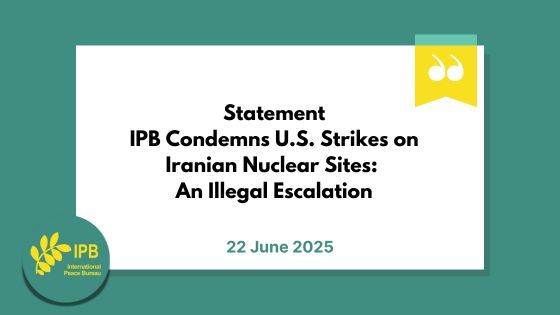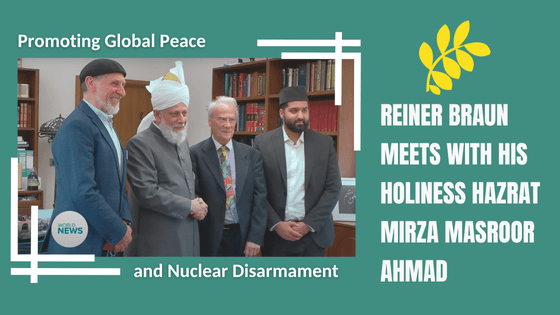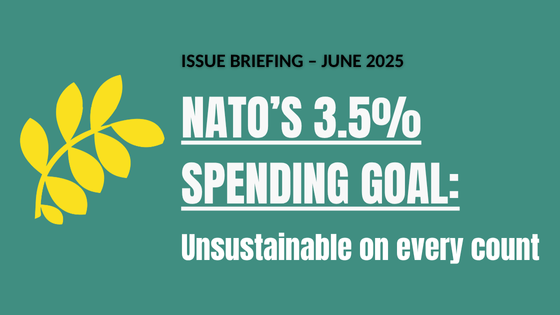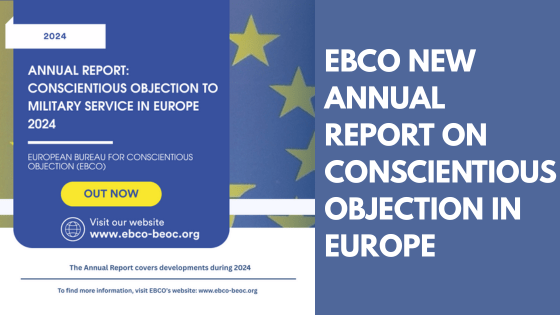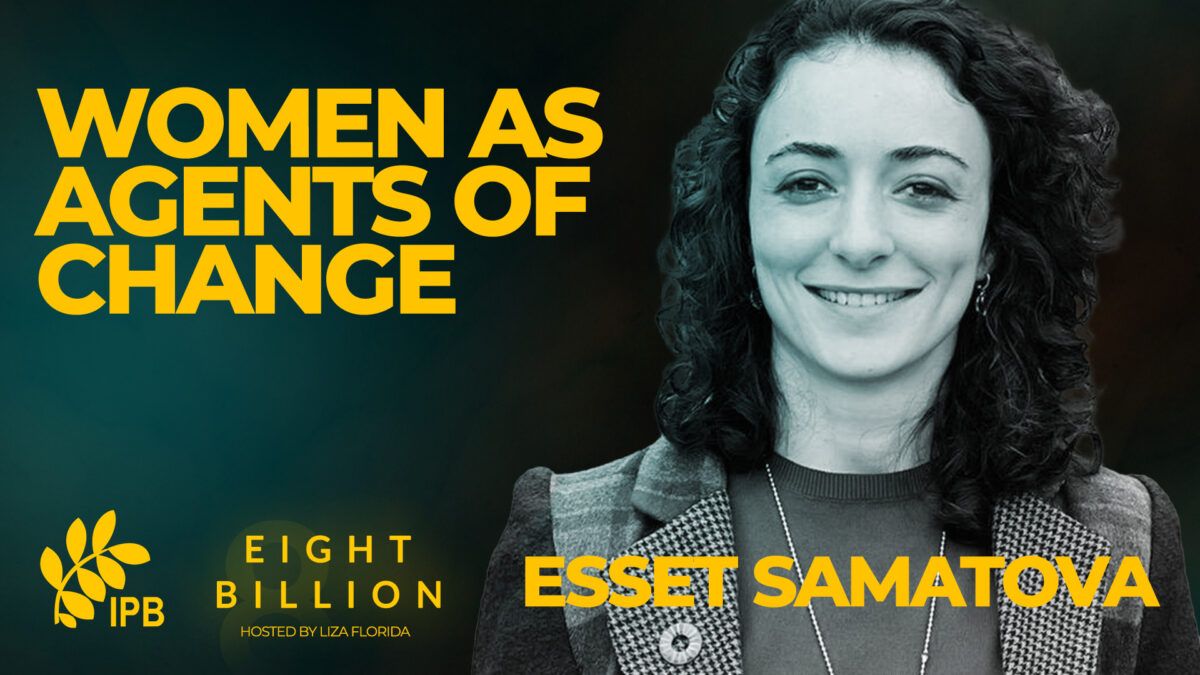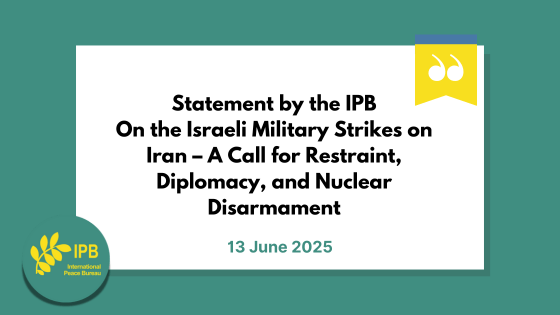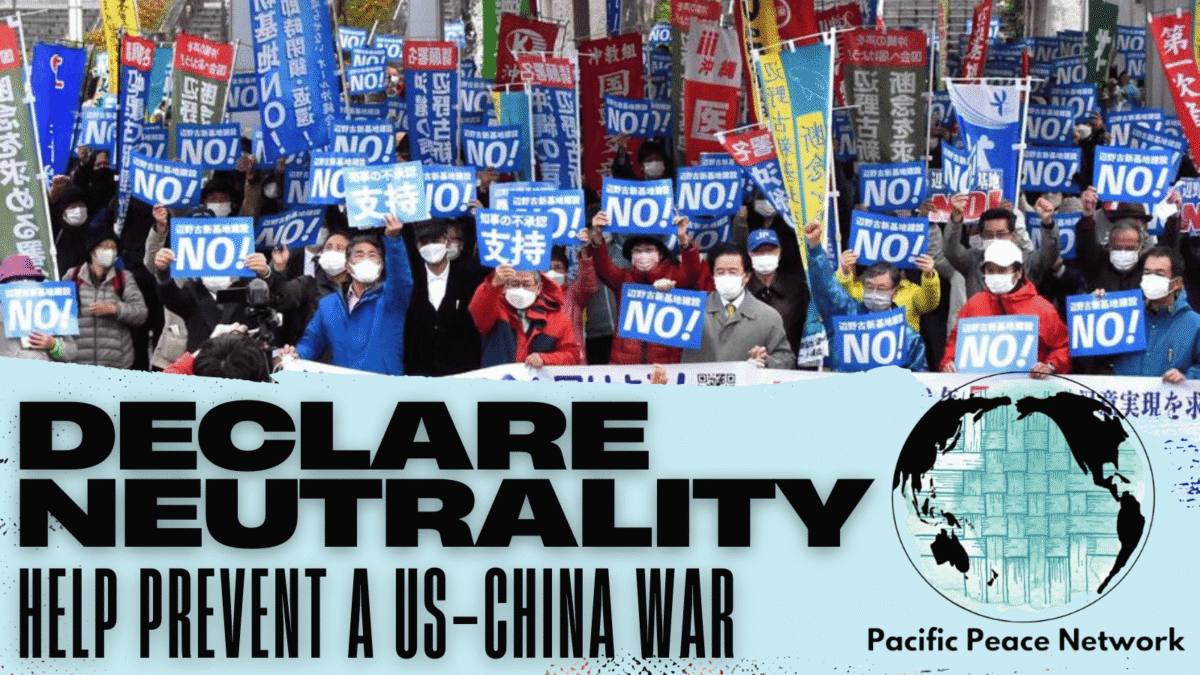Journey into the heart of activism in Cameroun with Cyrille Rolande Bechon, a fearless human rights defender who stands resilient against systemic injustice and direct threats to her life’s work.
Episode Overview
In this powerful episode of the Women as Agents of Change podcast, Liza Florida connects with the indomitable Cyrille Rolande Bechon, Executive Director of Nouveaux Droits de l’Homme (New Human Rights) Cameroun. Cyrille shares her incredible journey from growing up in a large polygamous family, where she first learned to fight for her voice, to becoming a leading activist for democracy and human rights in her nation. She provides a raw, firsthand account of the pressing human rights violations in Cameroun, fueled by an authoritarian regime and widespread conflict.
This is a story of profound courage. Cyrille details the devastating physical and cyberattacks on her organization this year, which resulted in the loss of 15 years of work. Yet, through it all, her spirit remains unbroken. This conversation is a testament to the power of community, the crucial role of data-driven advocacy, and the unwavering passion that fuels activism even in the darkest of times.
Key Topics Covered
A Childhood of Defiance: Cyrille’s upbringing in a traditional, polygamous family and the pivotal moment she addressed her own father in a family meeting to assert her rights as a young girl.
Freedom of Speech as Survival: How personal life choices that defied societal norms forced her to develop a fierce commitment to her own voice and autonomy.
The State of Human Rights in Cameroun: An inside look at the country’s most urgent issues, including a decades-long authoritarian regime, the shrinking of civic space, torture in detention, the Anglophone crisis, and rampant violence against women.
Advocacy in Action: Cyrille’s strategy of using individual legal aid cases—like the exoneration of a man after 15 years of wrongful imprisonment—to expose systemic flaws and fuel data-driven advocacy for national reform.
Under Attack: A harrowing account of the recent break-in, vandalism, and theft that destroyed her organization’s office and 15 years of work, followed by a crippling cyberattack.
Unbreakable Resilience: How Cyrille and her team found the strength to return to their mission, motivated by an outpouring of local and international solidarity.
The Power of Solidarity: What solidarity looks and feels like on the ground, from messages from the community saying “Never give up” to support from international organizations.
A Vision for a New Cameroun: Cyrille’s dream for her country—a place where basic needs are met, justice prevails, and women and girls hold power in every sector of life.
Powerful Quotes from Cyrille Bechon
- “Freedom of speech… become a matter of survival. You have to fight to have a place, you have to fight to be heard, you have to fight to make people accept my choices.”
- “We are not employees, we are activists. We do this because we have a vision.”
- “They took everything, but they didn’t take our passion. They didn’t take our heart on what we are doing.”
- “While looking for relief for victim, we use those data to fuel the advocacy work.”
- “Never give up. We need you.” (Message from the community after the attacks)
- “My heart, my hands are open… It is our fight. It’s not others. It is the fight for our life.”
Watch Now on Youtube:
Listen on your favorite podcast platform:
Innovative Projects & Global Initiatives
- Nouveaux Droits de l’Homme (NDH) Cameroun: Cyrille’s organization, which promotes and protects the rule of law and democratic principles. It provides legal aid to victims of violence and advocates for systemic reform.
- Case-Based Advocacy: NDH’s core strategy of meticulously documenting individual human rights cases to create an undeniable evidence base, which is then used to pressure the justice system and advocate for legal and policy changes.
- Community and Youth Engagement: Proactive work in universities, schools, and local communities to educate citizens on their rights and build grassroots support for democracy and justice, engaging with traditional and religious leaders to foster dialogue.
Connect with Cyrille Rolande Bechon
LinkedIn: https://www.linkedin.com/in/cyrille-rolande-bechon-a4425446/?originalSubdomain=cm
Nouveaux Droits de l’Homme Cameroun: https://ndhcameroun.org/
Facebook: https://www.facebook.com/CRBechon/
Connect with Liza Florida
Instagram: @lizaflorida and @eightbillionproject
Facebook: https://www.facebook.com/eightbillionpodcast/
LinkedIn: https://www.linkedin.com/in/liza-florida-07597119
Website: https://lizaflorida.com/
Special Thanks
To Cyrille Rolande Bechon for her incredible bravery, resilience, and unwavering dedication to building a more just and democratic Cameroun.
To the International Peace Bureau for their partnership and support for this podcast series. You can learn more about their work at https://ipb.org/ and see more on their YouTube channel: https://www.youtube.com/@ipb1910/videos.
To human rights defenders everywhere who continue to fight for a more just world, often at great personal risk.
To our listeners, may this story inspire you to use your voice and remember the profound impact of solidarity.
About the Series
Women as Agents of Change is a special podcast series hosted by Liza Florida, presented in collaboration with the International Peace Bureau and Eight Billion Project. Each episode celebrates the wisdom, vision, and courage of women working to build a more peaceful and just world.
Tags: Women as Agents of Change, Eight Billion podcast, Cyrille Bechon, human rights, Cameroun, rule of law, democracy, gender justice, activism, shrinking civic space, authoritarianism, solidarity, resilience, advocacy, community engagement, peace, human rights defenders.

